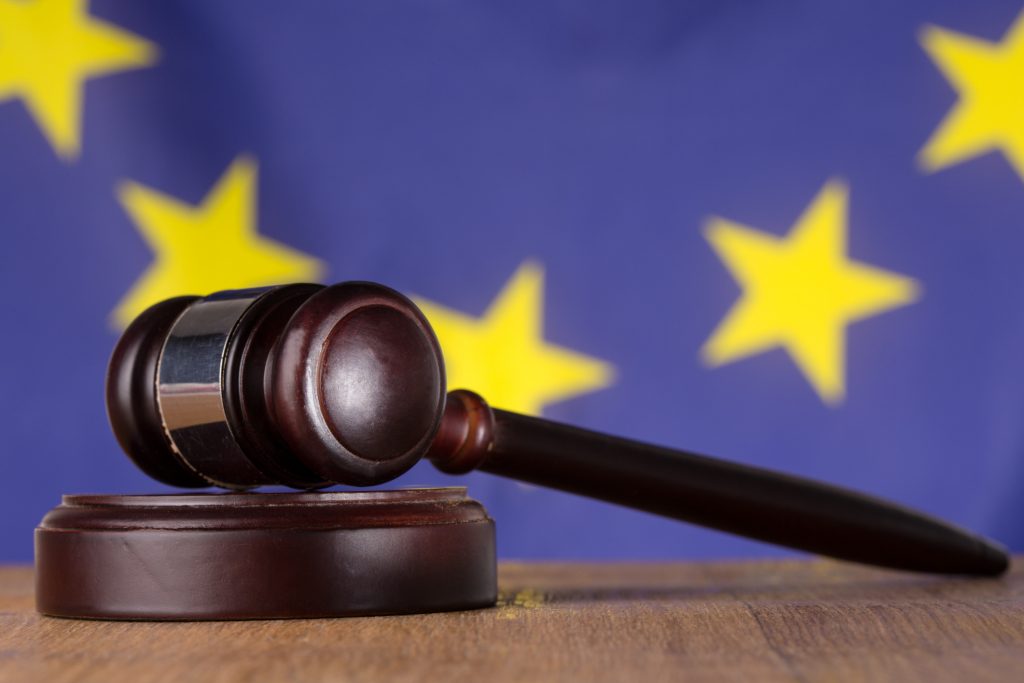Top EU Court Confirms What Many National Courts Already Consider a Reality
Internet service providers (ISPs) have an undeniable responsibility when it comes to copyright infringement. This is one of the key takeaways confirmed by the EU’s Court of Justice today in the UPC Telekabel Wien case (C-314/12), better known as the kino.to case. The verdict validates that blocking illegal websites is a legitimate and proportionate tool that respects fundamental EU rights.
There have been those ISPs that have been opposing website blocking as an acceptable and proportionate measure to curb piracy. Today’s verdict no longer leaves any doubt and clearly states, “access providers’ services are used by third parties to infringe […] Their role with regard to piracy is undisputed and technically essential. Furthermore, injunctive relief is considered a fair tool to impose an obligation to ISPs to prevent access for their subscribers to infringing sites.”
The decision sets a clear legal framework across the EU and endorses the previous decisions taken by national courts in many countries such as Belgium, Denmark, Ireland, Finland, France and the United Kingdom.
Yet, the actual verdict allows making an analogy with other online intermediaries such as hosting providers, registrars/registries, and search engines. The freedom to conduct business doesn’t trump copyright and therefore requires increased efforts from all intermediaries involved in connecting end users to pirated content. The Court underlines injunctive relief should lead to measures that can be expected from these respective intermediaries.
The decision in the kino.to case acknowledges both the value of intellectual property and the responsibility of online intermediaries to help stop piracy. For everyone in the creative community, this confirms that a sustainable Internet that benefits all must operate fairly, with proportionate and balanced rules. We all have a responsibility to play a constructive role in this effort, including search engines that continue to lead consumers to illegal sites that profiteer by ripping off the hard work of filmmakers, authors, musicians and other creative artists.


